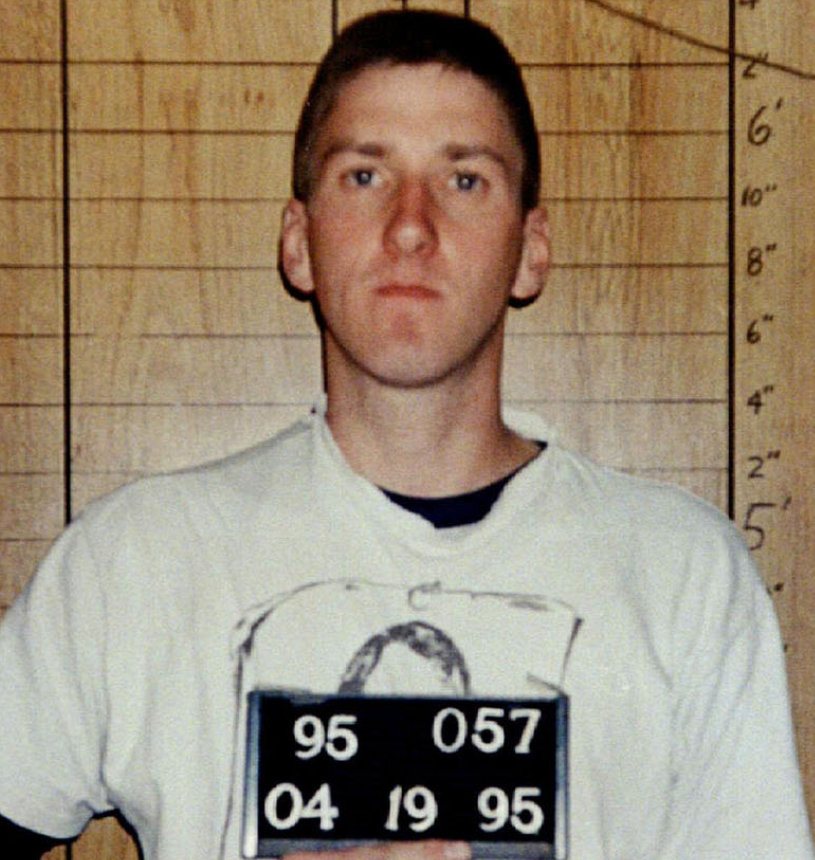DonGlock26
Gold Member
- Sep 15, 2024
- 300
- 265
This UK council video explains how to call in the counter-terrorism police, if someone is anti-immigration.
Orwell's 1984 was a warning.
Orwell's 1984 was a warning.
